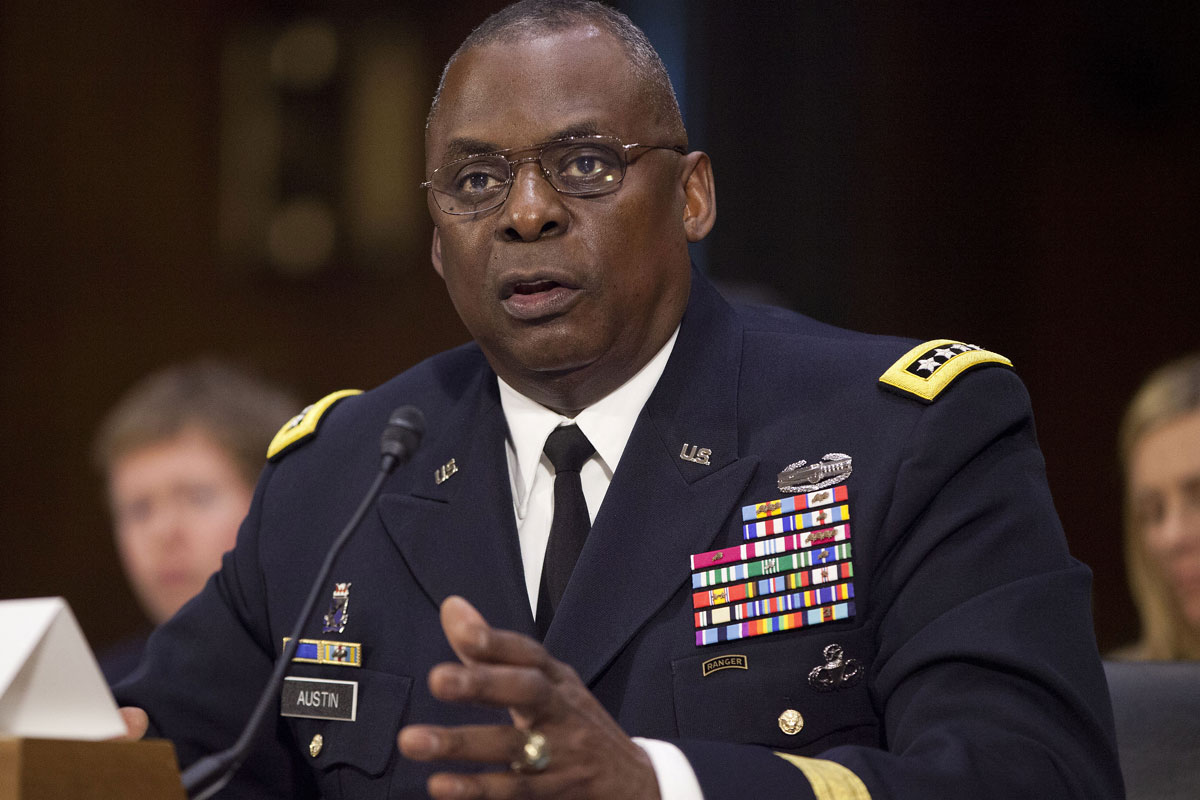Key facts:
- Senators voted 93-2 to confirm Austin’s nomination in a final floor vote.
- The only members to vote no were Republican Senators Josh Hawley of Missouri and Mike Lee of Utah.
- According to a Pentagon statement, Austin took part in an intelligence briefing and meetings with Deputy Defense Secretary David Norquist and Joint Chiefs of Staff Chairman Gen. Mark Milley promptly after being sworn in.

“It’s an honor and a privilege to serve as our country’s 28th Secretary of Defense, and I’m especially proud to be the first African American to hold the position,” Austin tweeted after his confirmation. “Let’s get to work.”
On Thursday, the Senate Armed Services Committee advanced Austin’s nomination while also approving a requisite waiver, which was necessary due to a law requiring active duty service members to wait seven years before serving as defense secretary. Austin retired from the Army just four years ago after 41 years of service. Congress had issued a waiver for Trump appointee James Mattis in 2017, which made some lawmakers hesitant to approve another waiver within such a short period. Senate Minority Leader Mitch McConnell said on Friday that the Senate should “pause and reflect” after granting waivers to both the Trump and Biden administrations to confirm defense secretaries.

“The law that we keep waiving actually exists for a good reason,” McConnell said. “Civilian control of the military is a fundamental principle of our republic.” Earlier this week, Austin attempted to ease such concerns earlier during his confirmation hearing. “Let me say at the outset that I understand and respect the reservations some of you have expressed about having another recently retired general at the head of the Department of Defense,” Austin stated.
“The safety and security of our democracy demands competent civilian control of our armed forces, the subordination of military power to the civil,” said Austin, adding that he would surround himself with qualified civilians to make policy decisions.















